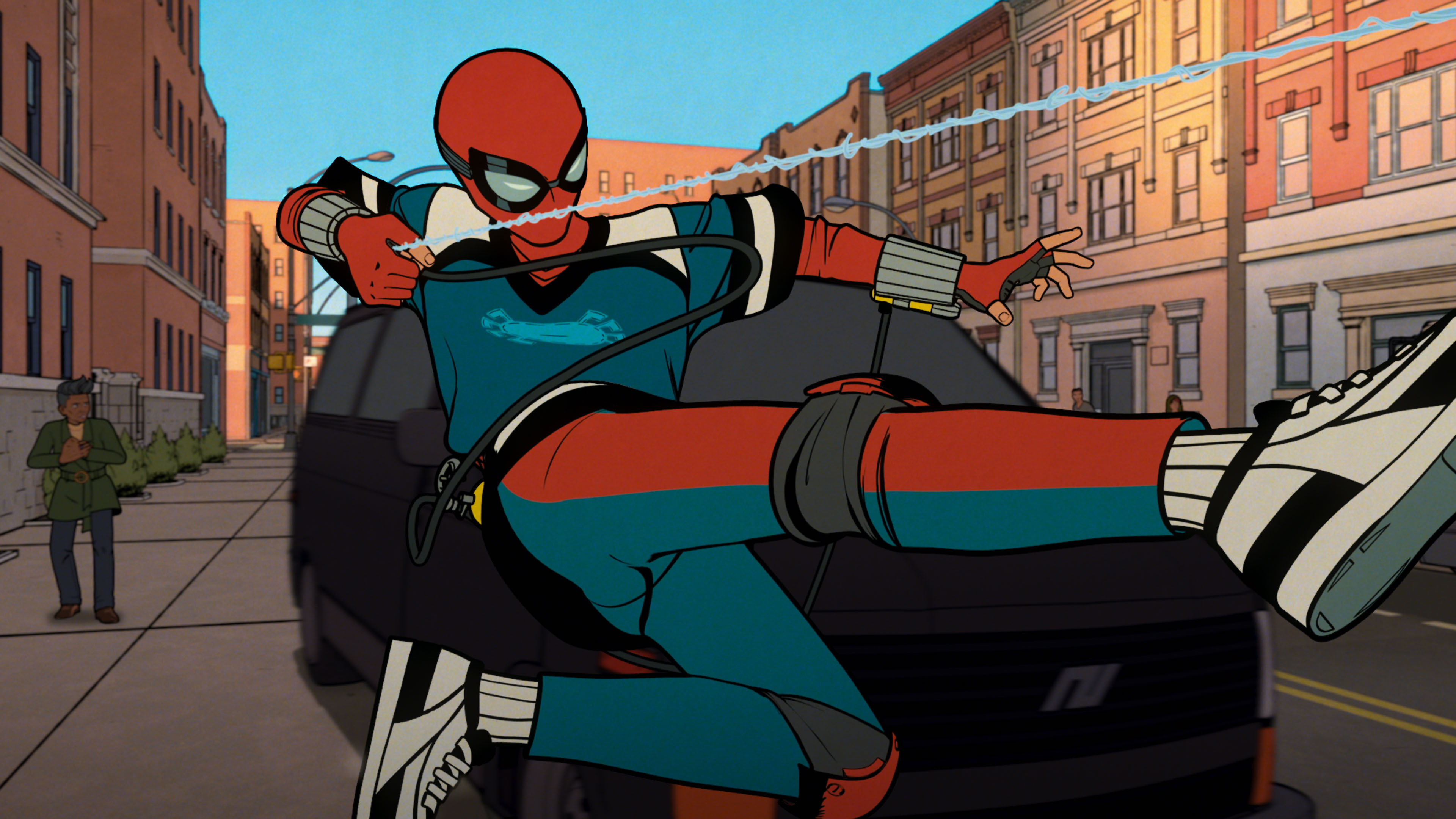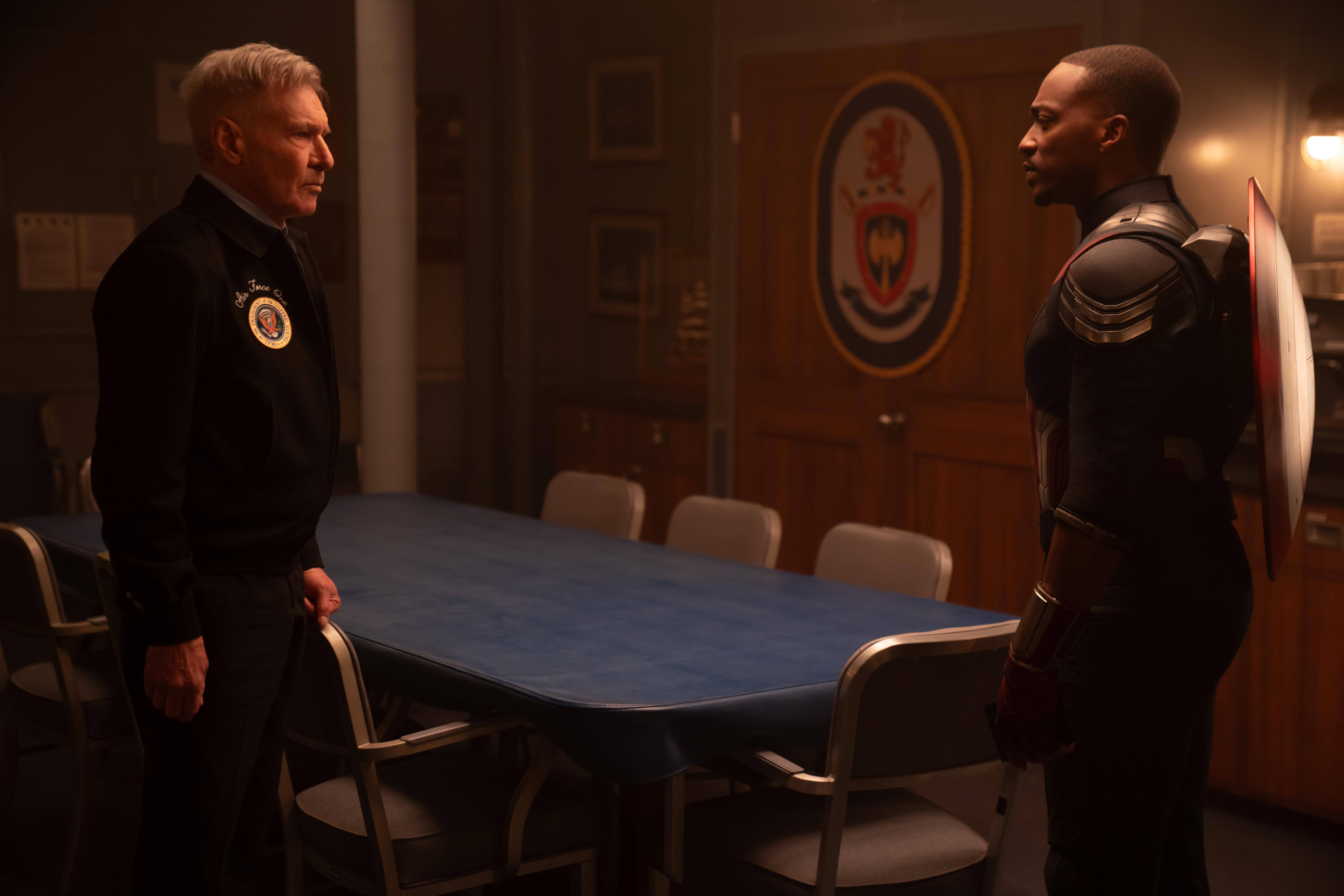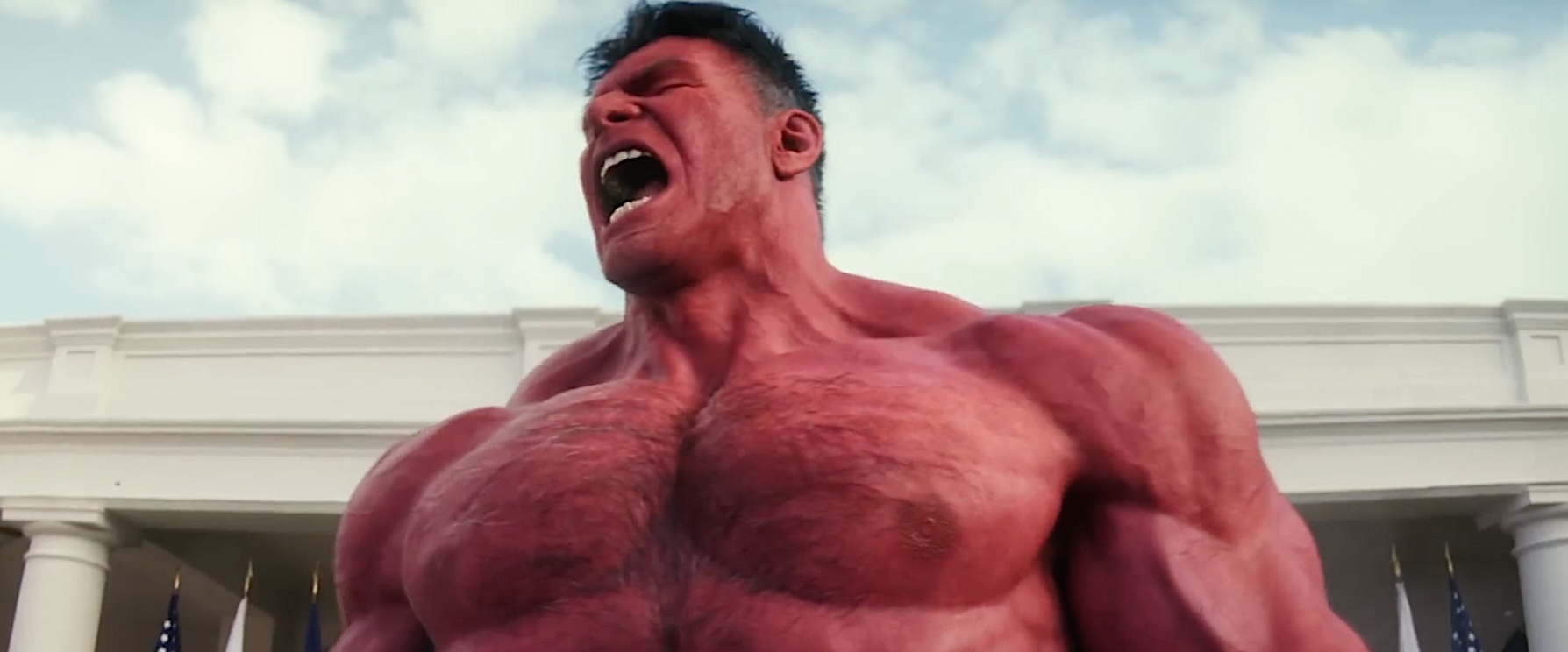There are few institutions more honest than a private university. It’s hard to think of a business model so transparently invested in reinforcing the status quo. You give us your money, and we’ll find you a comfortable spot in the American dream, is the proposition. It’s a persuasive one, an idea so seductive that the seminal children’s fantasy of an entire generation was about a boarding school with a hat that told kids where they belonged in the world. Trouble is, making good on that promise is impossible in 2023. Now, there’s only one place where anyone can feel truly comfortable: the very top. And there’s only a few spots there. Exactly seven, in the world of Gen V.
Prime Video’s spinoff of The Boys, its hit crass-yet-thoughtful adaptation of the comic by Garth Ennis and Darick Robertson, takes its cynical view of a world with superheroes to the world of college kids and Gen Z. It’s a world where being famous is easier than ever, and a worse deal than it’s ever been — not that that’ll dissuade anyone.
Gen V uses The Boys as raw material for its take on the college coming-of-age story. Those familiar with the original show will know how completely rotten its world is, with an entire media ecosystem built around The Seven, its version of the Justice League. If you’ve seen The Boys, you know The Seven are morally bankrupt, celebrities that do hero work for good press and the stock price of their corporate sponsor, the megacorporation Vought International. If you haven’t seen The Boys, well, surprise: The world is run by bastards.
:no_upscale()/cdn.vox-cdn.com/uploads/chorus_asset/file/24955190/BYSO_S1_UT_101_220531_PALBRO_00429R_CropC4_3000.jpg)
Gen V is about kids who don’t know that yet. Superpowered kids who are just hope and ambition, full of faith that maybe the system can work for them, now that they’ve achieved the first, most vital step in climbing the ladder: admission. Set at Godolkin University, Vought’s premier institute for superpowered young adults, the show follows a motley crew of God U (as it’s called; the show is not subtle) students as they slowly discover that the school is also a front for something sinister.
Marie Moreau (Jaz Sinclair) is the viewer’s window into this world, an orphan with everything to gain and nothing to lose. Taking a cue from X-Men comics, Marie’s powers, and those of her classmates, manifest in a moment of innocence lost, a foundational trauma that gives them the drive to reinvent themselves at Godolkin. Marie’s powers allow her to manipulate blood, which results in a Carrie-esque nightmare during her first period.
As this demonstrates, Gen V’s writers share The Boys’ penchant for juggling semiotically loaded guns for the viewer’s entertainment, regularly featuring fraught imagery like self-harm (Marie gets a handle on her powers but cuts herself to unleash them) and superpowers leveraged to make everyday perils so much worse. One character can make you forget entire days, and is a creep described as “a walking roofie.” Another one can make you do her bidding with a touch. None of this, however, is done to titillate. Gen V is shocking at times, but also thoughtful, interested in consent and boundaries and a world where they are constantly eroded. How does one survive this intact? What incentivizes them to be a good person?
:no_upscale()/cdn.vox-cdn.com/uploads/chorus_asset/file/24955196/BYSO_S1_UT_101_220513_PALBRO_00300R_CropC_f_3000.jpg)
In this, Gen V hews closely to The Boys’ methodology of gleeful provocation in the service of existential angst, giddily pushing the boundaries of good taste in order to inventively present, say, a giant penis, or perhaps a new sexual organ invented for a throwaway gag, only to show how its characters press forward to find meaning in this horrible mess. If The Boys is about the corporate overlords of the media ecosystem, then Gen V is about its lifeblood: the young consumers and fans who aspire to have a part in that system, to carve out their own niche in the attention economy, to be a star on their own terms.
Superheroes and comic books are beside the point here. Instead, Gen V ponders what it means to come of age alongside algorithms, to understand what it means to know that your cultural cachet is always rising and falling with every post — and that in a world full of cameras linked to social media platforms, you can’t even control when your life becomes content.
In this context, wanting to become a superhero makes so much sense. To the kids in Gen V, the supes of The Seven control their own story, engage with the world on their terms, become brands, and garner the respect of a corporatized world where brands are the only things that are protected. That’s all the heroes of Gen V want. That’s what makes the show feel so much more grounded than its counterpart, even if it’s still so sensationally over the top. What a terribly mundane wish for a superpower. What a horribly impossible thing to achieve.
The first three episodes of Gen V premiere Sept. 29 on Prime Video, with new episodes every Friday.








